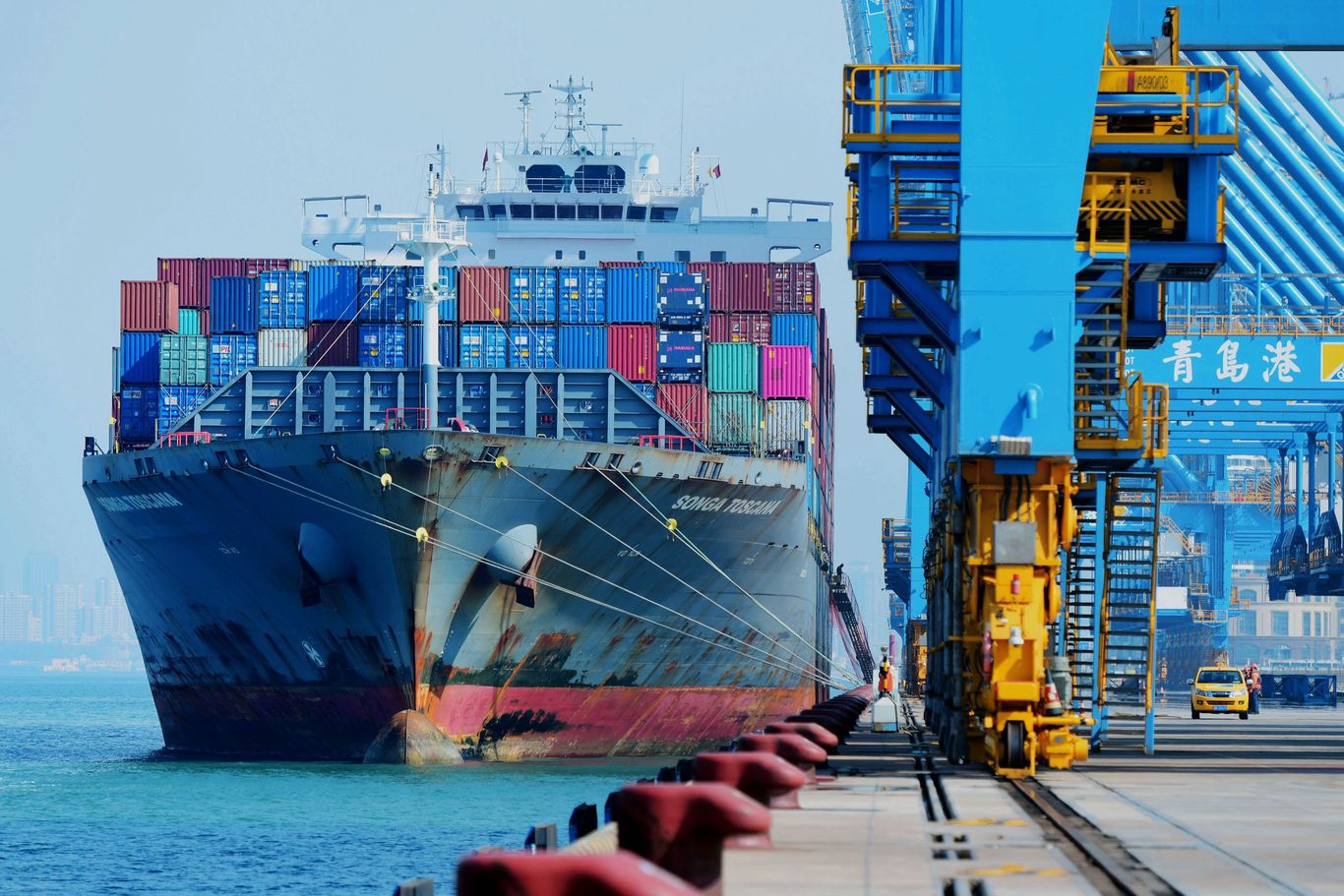'The factories are closed, there's going to be a huge knock-on effect'
The impact of the coronavirus is being felt in Ireland with SMEs unsure about what lies ahead.
ANDREW JOHNSTON WILL have to find a new source for his LED lights.
Johnston, the chief executive of Dublin-based Johnston Shopfitters, is dealing with a hit to his supply chain due to Chinese factory closures.
“There is going to be a huge knock-on effect,” Johnston told Fora, with his company set to pay double the price for the LED lights bought in Europe. He is one of many Irish SME owners that rely on Chinese imports to operate.
Alongside the human tragedy and distress caused by the recent outbreak of Covid-19, the business world is dealing with a major disruption with owners left wondering when or if they will receive shipments.
It has become clear in recent weeks just how reliant the world economy is on China. In Ireland, everything from plastic pumps used in bottles of tan to solar panels are imported from the Asian country.
The Irish Solar Energy Association told Fora that “the majority” of Ireland’s solar panels are imported from China and costs have increased by 10% because of the disruption in the supply chain.
Enterprise Ireland has advised its clients exporting to the region to put “continuity plans” in place and review business travel to the region.
The Irish Exporters Association said last week state support should be put in place for Irish businesses that will suffer as a result of factory closures and restriction at ports.
Some Irish companies are confident they will get their supplies from elsewhere, but a lot are concerned about the increased cost. While Irish component manufacturers fear their customers may stall or cancel orders if other parts coming from China don’t arrive on time.
Cost and timing
Tom Byrne, joint managing director of Carlow-based Burnside Eurocyl, told Fora that some of his major customers are “concerned” and had been in contact to see if he was experiencing any issues in the supply chain.
The company makes hydraulic cylinders that are used in mobile machinery like excavators and personnel lifts and gets a lot of forgings and machine parts from China.
“A few (of our customers) will probably stall some orders. They may not want our cylinders because they are depending matching components that are coming from China,” he explained.
Because of the Chinese New Year, Byrne said the company – which employs 200 – increases its supply during this time of the year so it should be okay until mid-May.
“That gives me time to source alternative supplies, but they will be at a cost,” he said. Byrne reckons that could be a 30% increase on the price of the imported Chinese parts.
Logistics issues
Aiden Corcoran, the owner of Cosmetics Creation, told Fora he buys raw materials and components from various countries, with one-third of orders coming from China.
Cosmetics Creation is a contract formulator and manufacturer of cosmetics for Irish, UK and American-owned brands, with factories in Mayo and Cork.
“We buy from ten plants in China and half of them are back in action now… so our components are being made but our biggest challenge is that there is no one there to ship them,” Corcoran said.
He is making additional plans to accommodate for a six-week delay on goods coming.
The company makes 40% to 50% of the tanning product on the Irish market and Corcoran said the factory in China that makes a mousse pump used by many of the Irish brands he works with has been shut down in China for a month.
“It’s only beginning to get back up and running next week. The factories are prioritising our orders but they have told us they are giving incoming orders a lead-time of three months,” he said. A normal lead time would be just one month.
For companies that don’t have as much stock built up, Corcoran said these kinds of delays will have a big impact.
Corcoran is optimistic that his own company will weather the storm, saying it doesn’t depend on one country for its supply.
Get our Daily Briefing with the morning’s most important headlines for innovative Irish businesses.






